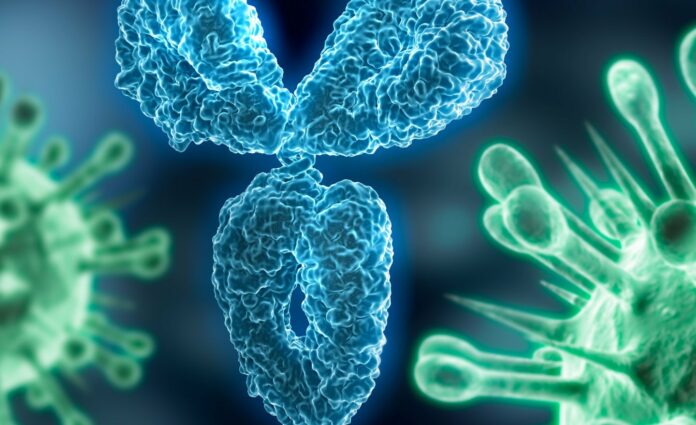As a physician in New York City, it’s become my work — both in the hospital and with my family and friends — to field questions about coronavirus. Today’s hot topic is antibody testing, and I’ve been asked daily where people can get this new diagnostic breakthrough. My answer, however, is as disappointing as it is urgent: Avoid current antibody testing altogether. Our scattered, and unscientific approach to antibody detection is worse than useless, and individual testing threatens to cause real harm.
During this pandemic, rapidly changing and seemingly conflicting recommendations have left us in a state of scientific whiplash. With so many doctors, hospitals, and private labs hastily promoting individual testing, we must take a step back and decide if this is truly the best course of action. Each breakthrough in diagnosing and treating coronavirus brings us to a crossroads, an inflection point where we have the opportunity to either hastily proceed as individuals or thoughtfully create a collective approach. Now that FDA-approved tests are finally at our doorstep, it’s time to hit the brakes. The truth is that individual testing brings us nowhere, and rushing into a disorganized, private testing free-for-all will only set us back in the fight against this devastating pandemic.
Even something as simple as “accuracy” depends on our ability to carefully conduct testing and analyze the results. The best tests on the market — which now boast “over 99 percent accuracy” — use laboratory calculations called “specificity” and “sensitivity” to back up these claims. But these numbers are just the beginning in calculating what false negative and false positive rates look like in the real world. False negatives are more likely in an area where a disease is very common, due to simple probability.
Conversely, it’s much harder to trust a positive test result in an area where the disease you are looking for is quite rare. And there are more probabilities that come into play. A negative result is more likely to be false than real if our suspicion for a disease is already very high, while we should be wary of any positive test result in a patient whose presentation makes disease diagnosis exceedingly unlikely. Even a pregnancy test that boasts “99.9 percent accuracy” will be positive for 1 in 1000 biological males who take it. Without a careful and critical eye, even the most “accurate” test results are meaningless.
Many — doctors included — feel that a potentially incorrect test result is better than nothing. But isolated results are not only unreliable, but they are also impossible to interpret clinically. We don’t yet know which antibody levels are protective, or how long this protection lasts. We also know from other viruses that even people without detectable antibodies can have some disease protection if they were exposed to the disease. For now, even “correct” antibody tests don’t translate into immunity. For many, negative results will do nothing more than cause unneeded anxiety increases. And for others, positive results of unclear significance will give a false sense of security, amplifying cabin-fever, and detracting from systematic, regulated, and sensible return-to-work and reopening of society.
Most important, random testing without a clear strategy detracts from the organized testing efforts that we need to move forward. We’ve seen how important coherent testing strategies are in other countries. In Germany and South Korea, organized testing that informed contact tracing, isolation, and high-level policy was a crucial part of a response that led to early coronavirus containment and enviably low fatality rates. Widespread testing and speed of action are key to successful public health policy. But this only matters if data can be collected, organized, and translated into cogent, scientific policy. With antibody testing, which is far more challenging to interpret than nasal PCR results, critical interpretation of a large dataset is the key to making this information meaningful.
The lessons of the pandemic are hard-learned and filled with endless loss. “Accurate” antibody testing presents us all with a chance to learn from our mistakes. Let us pause and ask our leaders to sit with scientists, and to create a smart and thoughtful plan of action jointly. It is as important to act strategically as it is to react quickly. For now, we must all say “no” to individual antibody testing and demand a clear testing plan so that this breakthrough translates into real progress. It will take longer to see our own antibody levels, but the results we get will have meaning.
Rebekah Diamond M.D. is an assistant professor at Columbia University Medical Center and a hospital pediatrician at NewYork-Presbyterian. The views expressed here are entirely her own and do not necessarily reflect those of her affiliated institutions.






